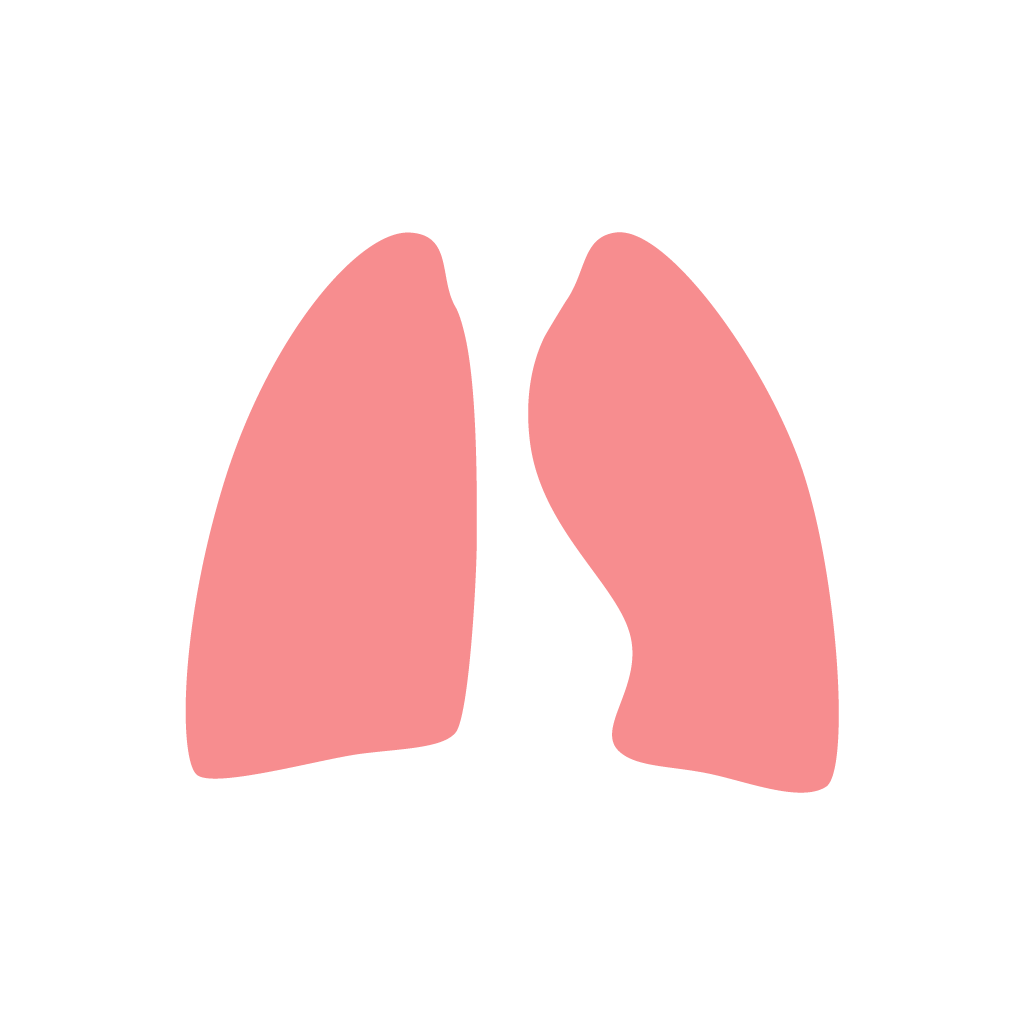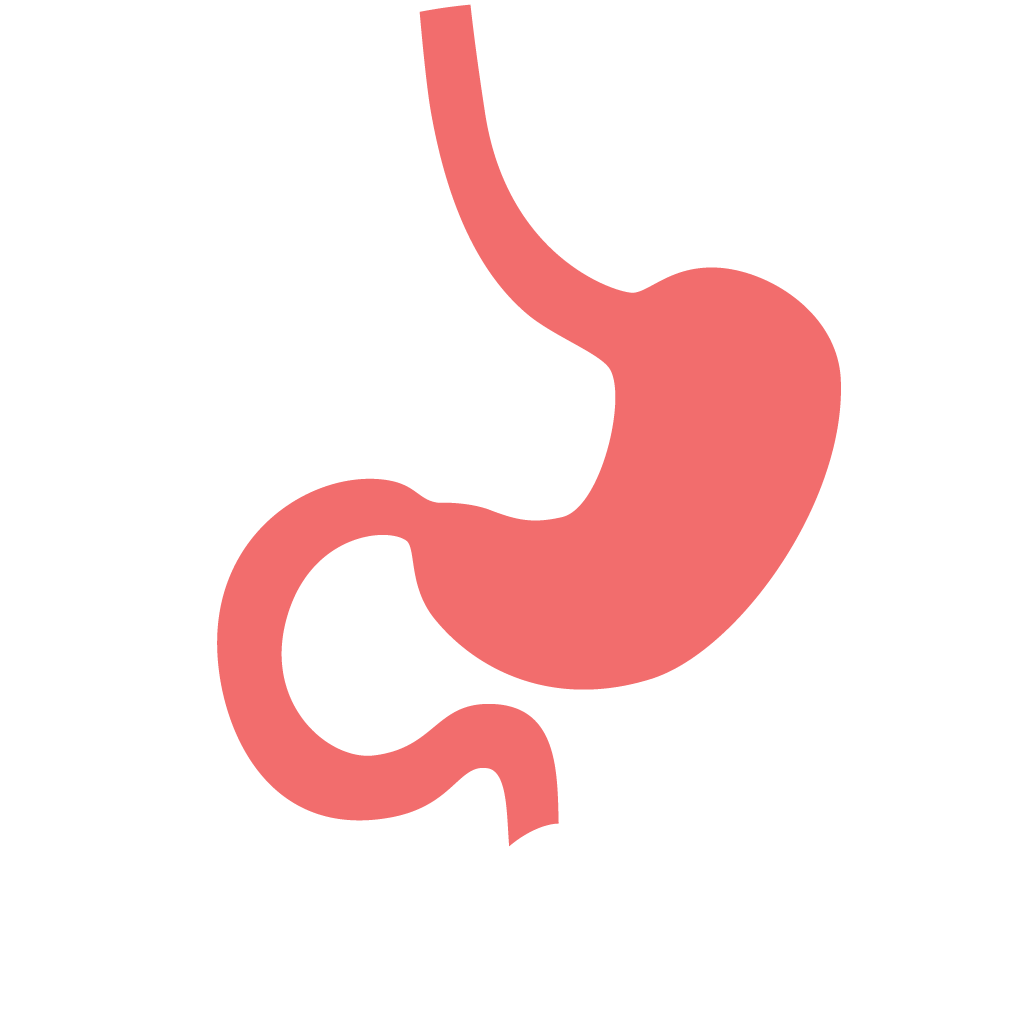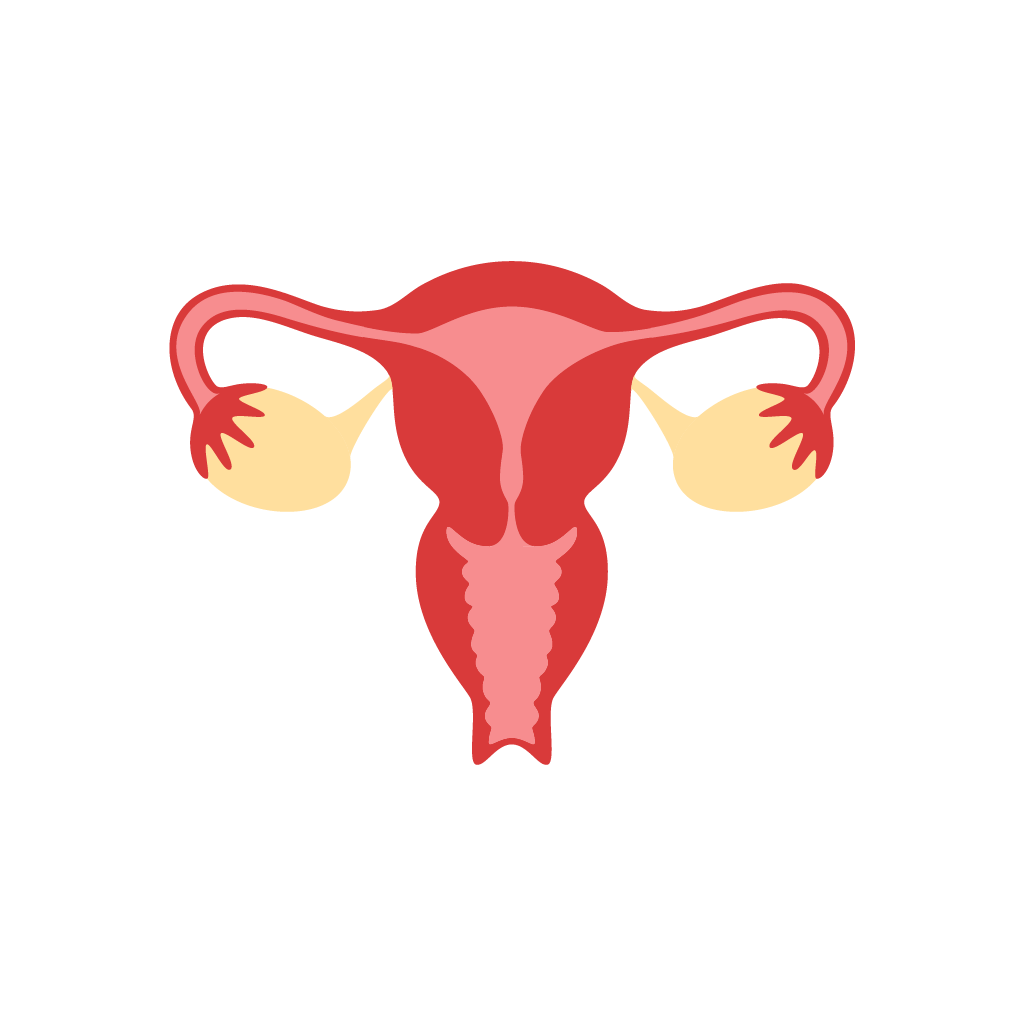KEY STATISTICS AND FACTS
SMOKINGHOW SMOKING HARMS YOUR BODY

Doubles the risk of having a heart attack

It causes 84% of deaths from lung cancer and 83% of deaths from COPD

Can cause bones to become weak and brittle and increases the risk of osteoporosis in women

Increases risk of having a stroke by at least 50%

Smoking can cause impotence in men

Increases risk of cancer in lips, tongue, throat, voice box and gullet (oesophagus)

Increases chance of getting stomach cancer or ulcers

Smoking can make it harder to conceive

Prematurely ages skin by between 10 and 20 years
HEALTH BENEFITS
Discover what happens to your body from the moment that you quit smoking:Heart rate and blood pressure begin to drop, improving circulation
- Body cleanses itself of excess carbon monoxide and levels return to normal
- Oxygen levels increase
- Blood pressure continues to normalize, decreasing risk of heart disease
- Oxygen levels increase, making physical activity and exercise easier, already promoting heart-healthy habits
Heightened sense of smell and more vivid tastes as nerve endings responsible for taste and smell heal
Circulation and lung function improves, blood can pump through the heart and muscles more easily
- Coughing and shortness of breath decrease
- Lungs clear of mucus and reduce risk of infection
Lung function increases by 10%, improving any breathing, coughing or wheezing problems
The risk of heart disease and heart attack drops to half the rate of smokers
Risk of certain cancers, including mouth, throat, esophageal and bladder cancer, is reduced by half
- Risk of developing and dying from lung cancer is reduced to half the rate of smokers
- Risk of heart disease becomes close to someone who does not smoke
EXPERT TIPS TO QUIT SMOKING
Practical advice for quitting smoking

By embracing these strategies and seeking support, you significantly increase your chances of quitting smoking for good. Remember, every step you take brings you closer to a healthier, smoke-free life!
SUPPORT SYSTEMS
SSMC’s Smoking Cessation Clinic empowers individuals to break free from smoking addiction and embrace a smoke-free lifestyle, liberated from dependence.
Led by Consultant Cardiologist, Dr. Syed Khurram Gardezi, and a multidisciplinary team comprising of pulmonologists, pharmacists and mental health experts, the clinic and its staff will be with you through every stage of your quitting journey.
Utilizing a comprehensive three-phase approach, we assess each individual’s unique circumstances and create a personalized treatment plan tailored to your specific needs.
SPEAK TO YOUR DOCTOR ABOUT SMOKING CESSATION
to download our leaflet and help spread the word

YOUR COMMON QUESTIONS ANSWERED
1
Why should I quit smoking?
Quitting smoking improves your physical health in many ways and also contributes to a healthier appearance and enhanced overall sense of well-being.
Benefits include reduced risk of lung cancer and many other cancers, respiratory illnesses, heart disease and stroke. You will also experience improved lung function, better fitness and increased life expectancy.
2
How can I manage withdrawal symptoms?
Common withdrawal symptoms include irritability, cravings and difficulty concentrating. However, these are all temporary and can be managed with various strategies.
These include nicotine replacement therapy, maintaining an active lifestyle, practicing relaxation and medication techniques and seeking support from family, friends or a counsellor.
3
What are the best methods to quit smoking?
Effective methods include medications, nicotine replacement therapy, participation in smoking cessation clinics, behavioural therapy and seeking support from local groups.
4
Why does smoking affect my health?
Smoking harms nearly every organ in your body. It causes numerous forms of cancer, heart disease, stroke and lung disease. It can also affect the body’s reproductive, immune and musculoskeletal system, as well as having adverse effects on dental, skin and visual health.
5
How can I help someone quit smoking?
If someone you know is beginning the journey to quit smoking, you can be an invaluable source of support to them. Offer continuous encouragement and understanding, recognizing and applauding their efforts along the way. Celebrate their milestones to reinforce their progress.
Patience is key, as quitting smoking is a process and setbacks may
arise. Provide reassurance and understanding during challenging
times.
Help them to create a smoke-free environment to minimize triggers
and temptations. Share information about quitting methods,
support groups and health care providers, like SSMC’s Smoking
Cessation Clinic, that they can turn to for assistance.



